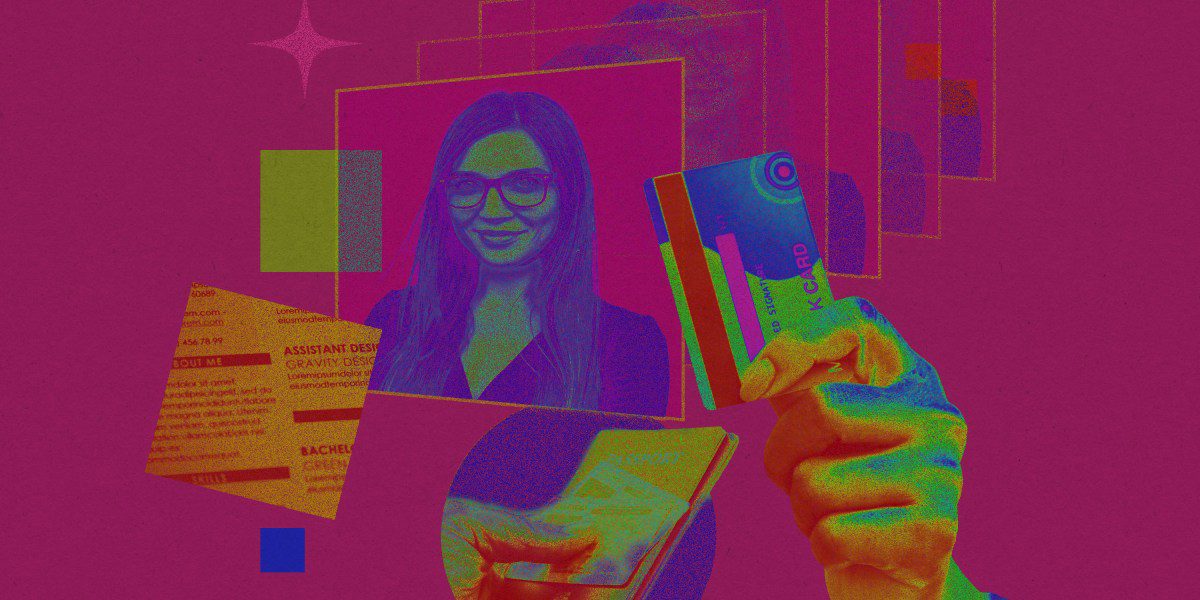Your Personal Information Might Be in AI Training Sets: What You Need to Know
Let’s face it: If you’ve ever put something online, chances are it’s been scraped and stored—even the most private stuff you’d never imagine sharing, like your passport, credit card info, or that adorable baby picture that features your face. New research has unveiled a pretty shocking reality about one of the biggest open-source AI training sets, revealing that millions of sensitive images are floating around out there. Want to know what this means for you? Read on!
What’s Hiding in the Open?
Researchers found that a small audit of DataComp CommonPool, a significant AI training set, contained thousands of images with identifiable faces and sensitive documents. Here’s the kicker: they only looked at a tiny fraction—just 0.1%—of the dataset. Extrapolating from this tiny sample, they estimate the real number of compromised images could be in the hundreds of millions.
Think about that for a second. Every time you upload a photo or a document, you risk it becoming part of a massive data pool that could be used without your consent. It makes you wonder—how safe are our online interactions really?
For the full scoop on this unsettling find, check out this article: Technology Review.
AI Doesn’t Do Your Doctor’s Job—At Least, It Shouldn’t
Another eye-opener from recent research shows that AI companies have largely dropped the ball on including disclaimers about medical advice. Once upon a time, chatbots would remind you they aren’t doctors. Now? They’re diving right into your health inquiries, sometimes even offering diagnoses.
Imagine asking an AI about a persistent cough. Without the necessary disclaimers, many users might take AI’s word as gospel. This poses a real danger, especially when it comes to serious issues like eating disorders or cancer.
Researchers argue that without these warnings, users are more likely to trust dangerous—or flat-out wrong—advice. So, what’s the takeaway? Be skeptical when seeking health advice from AI. It may be smarter than your average bear, but it’s not a substitute for professional consultation. For more on this topic, you can read the full article here: Technology Review.
Your Data, Their Playground
Let’s be real: we’re living in a digital age where privacy feels more like a luxury than a right. Whether it’s photos taken on vacation or your birth certificate scanned and stored for safety, imagine all that personal data just waiting to be exploited in AI models.
Here’s the deal: The more we share, the less control we have over where it ends up. Thinking of sharing that cute pic of your dog? Double-check your settings. Want to upload a document for easy access? Consider the risks!
Tips to Protect Your Privacy:
- Limit what you share: Think twice before posting.
- Review privacy settings: Make sure you know who can see your stuff.
- Use secure platforms: Some apps offer better privacy features than others.
Keep Informed and Stay Safe
The landscape of AI is evolving, and it’s essential to remain vigilant about what we’re sharing online. As we increasingly rely on AI for answers, we must also be wary of the information we might unknowingly expose ourselves to.
So, what’s your take? Are you feeling more cautious about what you put online now? Want more insights like this? Let’s keep the conversation going!
